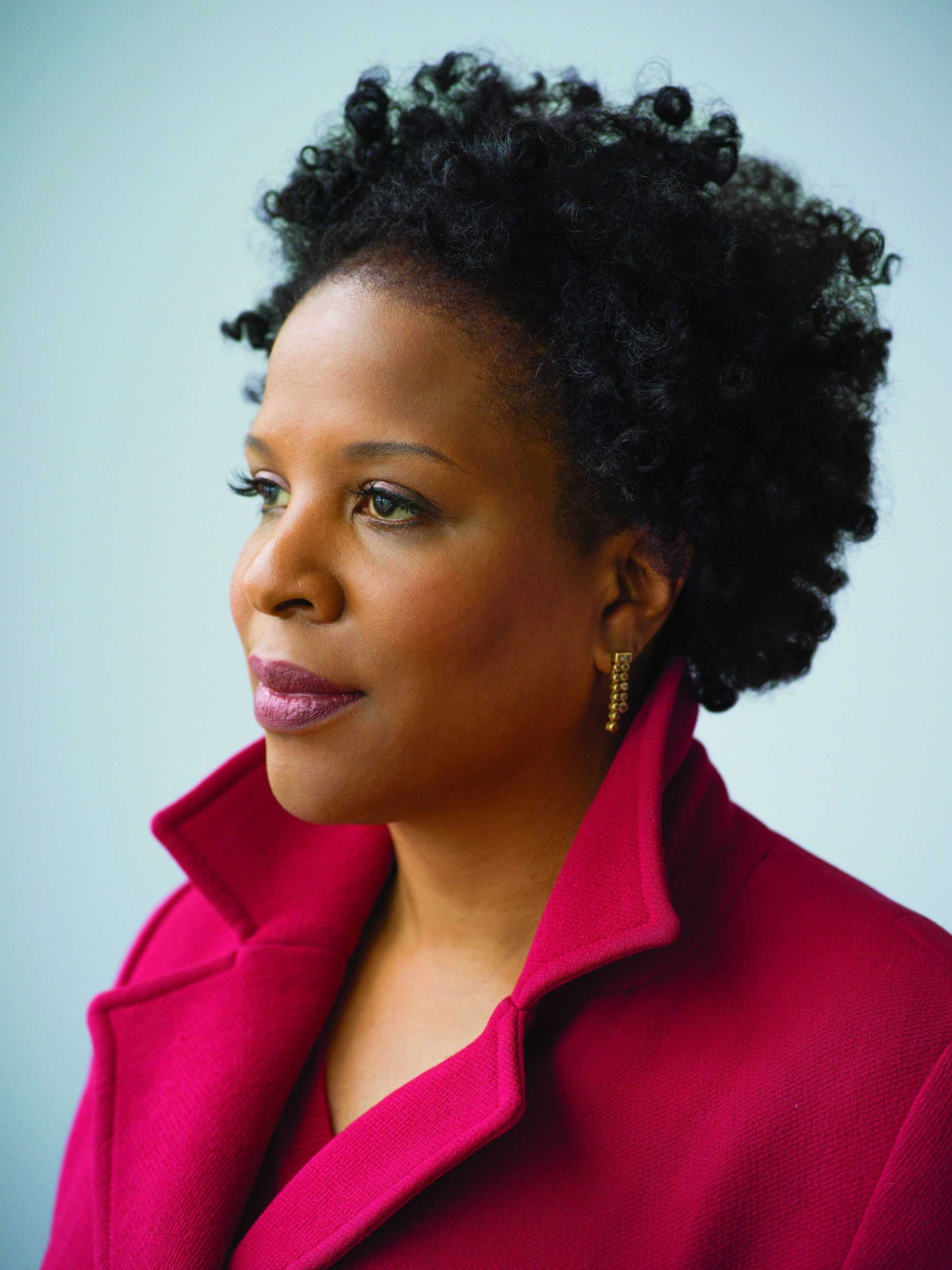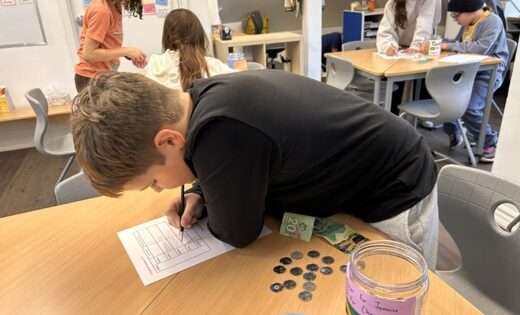on
BY SIMONE J. SMITH
Literature arts has been a staple in our community; dating back to Marlon James, and Miss Lou, story telling exists in our blood, and it was why I was excited when the Toronto Caribbean Newspaper was invited to the Toronto International Festival of Authors, a charitable, cultural organization mandated to cultivate and advance the art of literature. Since 1974, TIFA has hosted over 9,000 authors, from more than 100 countries, including 22 Nobel Laureates and renowned authors with notable designations.
After conducting some research on the festival, it was pleasing to see how for so many years, they have found a way to celebrate words and ideas. It provides an opportunity for curious readers (myself and many of you out there) to network with authors from all over the world, and for my writers, you are given an opportunity to showcase your talent to the world.
The festival began on October 24th and ran through to November 3rd, 2019. The days were filled with a range of scheduled events. Attendees had the choice to sit in at various themed events namely: Marquee Event, World Voices: Found in Translation, Poetic Escapes, Parallel Lives; Great Minds Think Alike, Interviews: Under the Spotlight, Celebrations, and Writing Academy. Some of these events were free, some were Q & A style, some were book signings, and at some, authors were debut. The event was reasonably priced with individual events at $18.00 (Standard), $15.00; 4 day passes were $65.00, and students and youth age 25 and under were FREE. The festival directors did a great job of making the events accessible regardless if you were driving, cycling, walking or taking the bus.
As I scrolled through their website figuring out which events I was going to go to, I came across one highlighting the work of Angela Davis (which was sold out), and another one highlighting the work of Tayari Jones. Let me tell you some more about Ms. Jones, and how great it was to be able to be part of Tayari Jones in Conversation. Tayari is a New York Times bestselling author, who has written four novels, two (Silver Sparrow, and An American Marriage) have been picked up for feature films. She is a graduate of Spelman College, University of Iowa and Arizona State University. She has been nominated for a Goodreads Choice Award for Best Fiction, and has won an NAACP Image Award for Outstanding Literary Work (Fiction).
Seeing her in person on Friday, November 1st, 2019 at Fleek Dance Theatre was truly a treat. Two beautiful women (Nadia L. Hohn, and Nantali Indongo) treated the audience to riveting conversation with this dynamic soul. She first spoke about her book (An American Marriage), which follows a black couple, which have to face the husband (Roy) being wrongfully imprisoned, and the impact that it has on his wife Celestial, and the marriage. Of course, throw in another love interest Andre (who happens to be a childhood friend of Celestial’s, and a college friend of Roy’s), and you have a full fledged drama filled with personal conflict, complicated central relationships, and unique characters in difficult situations, all that is needed to capture a reader’s allegiance.
What followed was an in-depth dialogue session with the great Tayari Jones, who left the audience with thought provoking possibilities and a little insight on her life.
“My imagination lives in Atlanta.” ~ Tayari Jones
“I didn’t believe myself to be a minority, so I didn’t believe things like black people couldn’t be astronauts; If I saw a picture, and there were a group of white astronauts, I would ask, well why didn’t they let the black guy be in the picture; it didn’t occur to me that there wasn’t one,” Tayari relayed to the audience during her interview. “When I was growing up, class is what was looked at; we were all the same race, so it wasn’t that, it was class. I have a lot of first cousins who are considered a different class then me; it doesn’t stop us from being family, but it does complicate relationships.” Looking around I could tell the audience was as caught up in her as I was. She shared a little bit more about her personal and family life; her last story really had the audience laughing.
She tells us about the reaction she received when people began finding out about her book being picked up by Oprah Winfrey. She used to live above a Pawn Shop in Jersey, and the owner Big Mike called her to ask her about her book being picked up. He passed the phone around, and at the end told her that they were all proud of her, and that they were sending her a Cartier watch, it may not have papers, but it was real.
It was incredible to be a part of that night, and now, we have introduced another great avenue for our literary genius in the community. Visit the Toronto International Festival of Authors at their website to find out how you can get involved.
Stay in the loop with exclusive news, stories, and insights—delivered straight to your inbox. No fluff, just real content that matters. Sign up today!
We, as humans are guaranteed certain things in life: stressors, taxes, bills and death are the first thoughts that pop to mind. It is not uncommon that many people find a hard time dealing with these daily life stressors, and at times will find themselves losing control over their lives. Simone Jennifer Smith’s great passion is using the gifts that have been given to her, to help educate her clients on how to live meaningful lives. The Hear to Help Team consists of powerfully motivated individuals, who like Simone, see that there is a need in this world; a need for real connection. As the founder and Director of Hear 2 Help, Simone leads a team that goes out into the community day to day, servicing families with their educational, legal and mental health needs.Her dedication shows in her Toronto Caribbean newspaper articles, and in her role as a host on the TCN TV Network.













